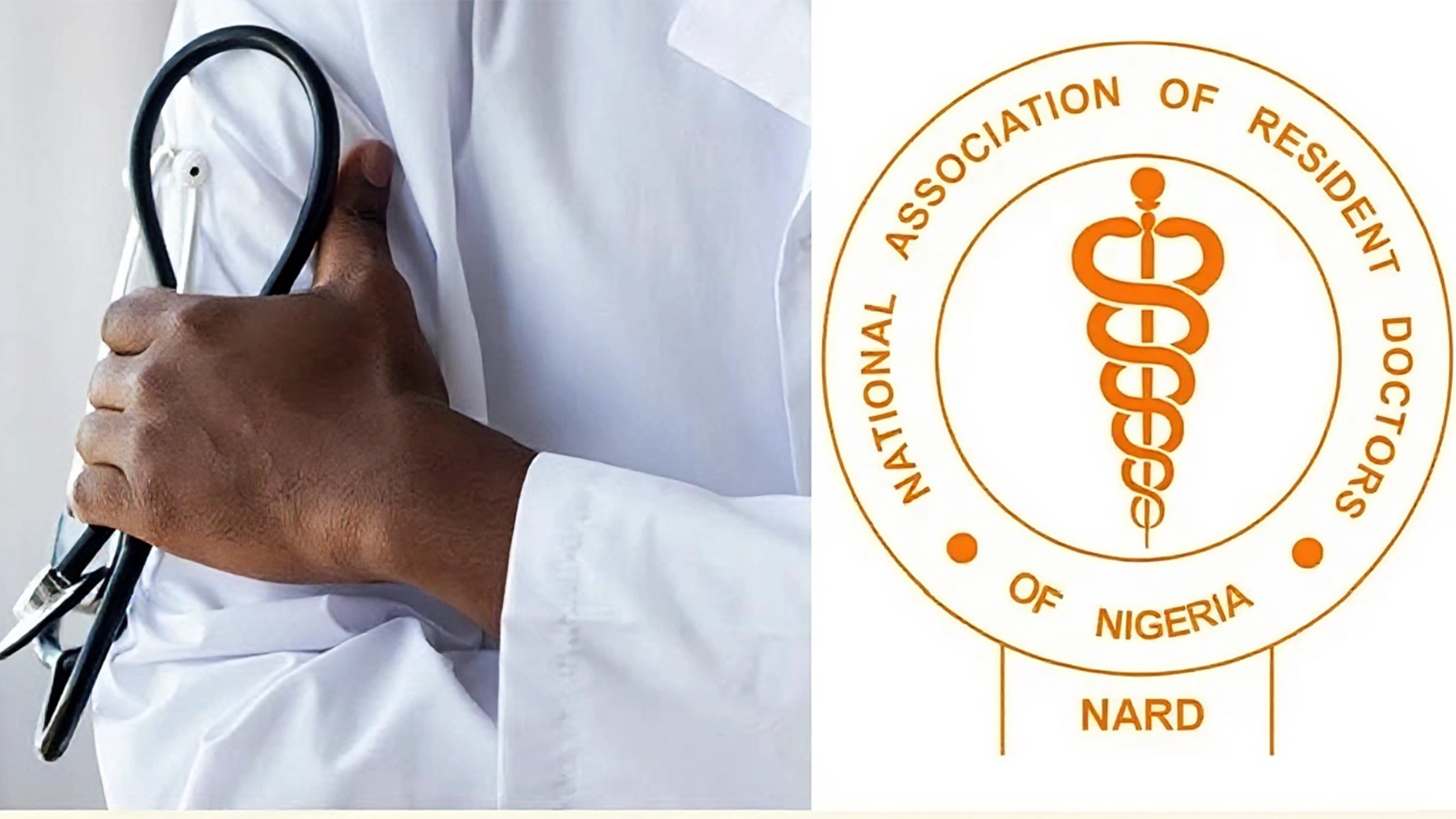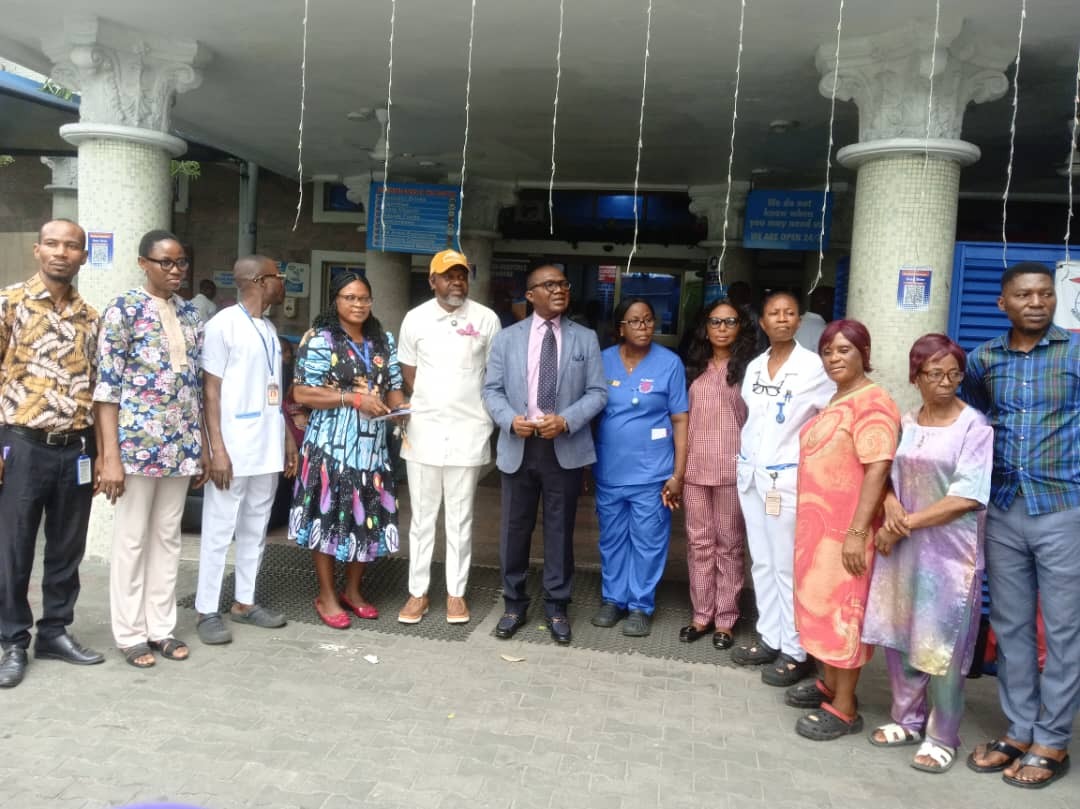To ease the financial burden on patients with kidney-related illnesses, the Delta State Government has announced a reduction in the cost of dialysis treatment in state-owned hospitals from over ₦70,000 to ₦45,000.
The announcement was made by the State Commissioner for Health, Dr. Joseph Onojaeme, during a live interview on Delta Television’s Politics in Perspective.
Dr. Onojaeme revealed that Governor Sheriff Oborevwori has approved the procurement of eight new dialysers to support the initiative across government hospitals, underscoring the administration’s commitment to accessible and affordable healthcare.
“This is part of a broader health sector reform designed to reduce medical costs for our people,” the commissioner said. “We’re not just cutting prices — we’re improving infrastructure and services across the board.”
He also highlighted recent investments in advanced diagnostic equipment, including Magnetic Resonance Imaging (MRI) and Computed Tomography (CT) scan machines, which will reduce the need for residents to travel long distances, even outside Nigeria, for medical diagnostics.
In addition to the dialysis subsidy, the Commissioner disclosed that over 150 Primary Health Centres (PHCs) across the state’s three senatorial districts are currently undergoing renovation and upgrades. Delta State currently operates three tertiary hospitals, 65 general hospitals, and 441 PHCs — many of which are undergoing comprehensive remodelling.
Dr. Onojaeme noted that all government hospitals have now been granted the autonomy to utilise 100 per cent of their Internally Generated Revenue (IGR) for their operational needs, a move he said would enhance service delivery and accountability.
Further bolstering the state’s healthcare system, the commissioner stated that Delta’s free maternal healthcare programme has already led to a sharp decline in maternal mortality, dropping from 350 to 120 deaths per 100,000 live births.
On administrative matters, Onojaeme issued a stern warning to medical personnel involved in malpractice, emphasising that the government will not tolerate any sharp practices.
He confirmed that some health workers who attempted to sabotage the state’s contributory health scheme have already faced sanctions or demotion.
To safeguard drug integrity in public health facilities, the state has strengthened surveillance under its Drug Revolving Fund to prevent the infiltration of fake or adulterated medications.
Commissioner, however, urged Deltans to embrace regular medical check-ups, stressing that early detection is key to preventing life-threatening conditions.
“The Oborevwori administration remains steadfast in its mission to make healthcare not only affordable but also reliable and within the reach of every Deltan,” he said.






